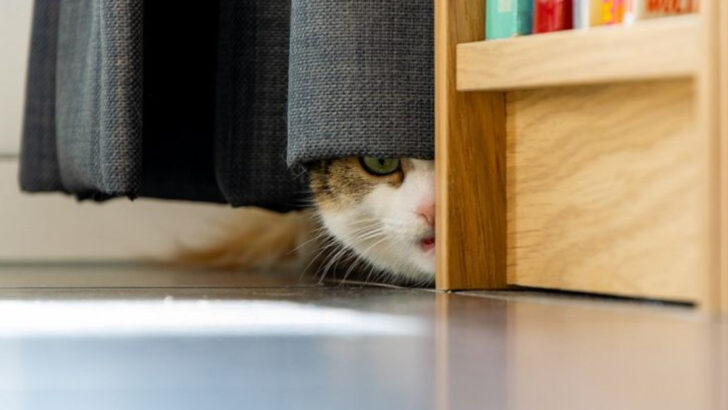One minute your cat is curled up on the windowsill, basking like royalty.
The next, they’ve vanished—wedged under the bed or buried in a closet like a feline ghost.
What gives?
When cats suddenly start hiding, it’s rarely random. These secretive retreats can scream volumes—if you know how to listen. From emotional upsets to physical discomfort, your cat’s disappearing act is often more clue than quirk.
Some cats vanish when they’re scared. Others retreat when they’re sick.
And sometimes? It’s just their way of saying, “Not today, human.”
This isn’t just about odd cat behavior.
It’s about decoding a language of silence, shadows, and subtlety.
Let’s follow the paw prints into the mystery.
New Environment
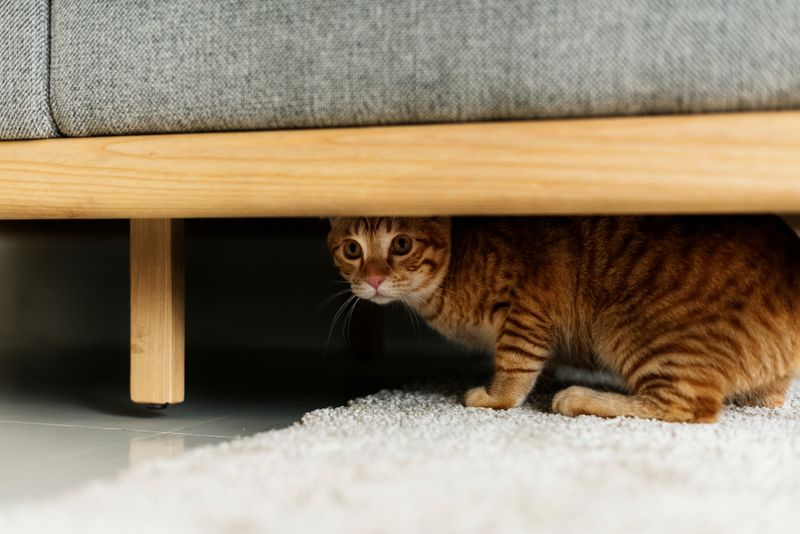
Imagine moving to a new home, filled with unfamiliar smells and strange sights. For a cat, this change can be overwhelming. They may seek refuge in a quiet corner to adjust to their new surroundings.
By hiding, they find comfort and safety while they explore their new domain at their own pace. Gradually, as they become familiar with the environment, they will start to venture out and reclaim their territory. Patience and a gentle introduction to their new home can make this transition smoother.
Illness

Cats are masters at hiding when they’re not feeling well. Unlike humans, they often choose solitude over seeking comfort.
A sudden inclination to hide may be a subtle signal that something is amiss with their health. From minor ailments to more serious conditions, recognizing this behavior as a potential red flag can lead to timely veterinary care. It’s essential to be observant and act promptly if other symptoms accompany this behavior.
Stress and Anxiety
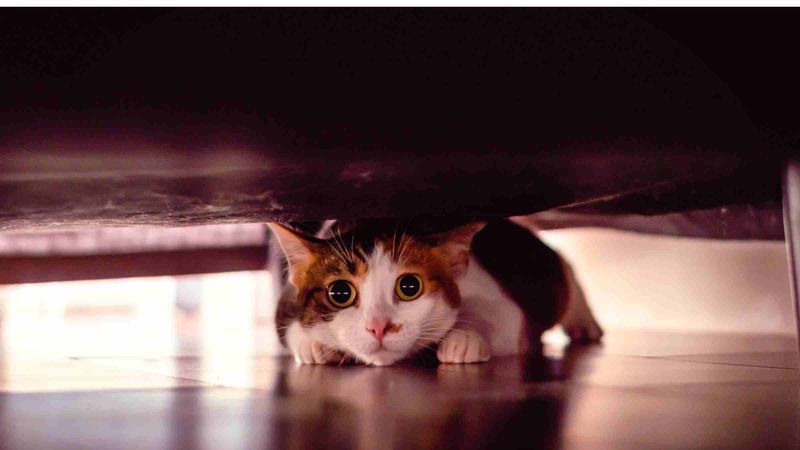
Stressful events such as loud noises, guests, or sudden changes can cause anxiety in cats. When overwhelmed, they often seek a quiet place to retreat to.
This particular behavior is a self-soothing mechanism, allowing them to regain composure in a secure environment. By providing them with a safe space equipped with their favorite things, you can help alleviate their anxiety.
Fear of Other Pets
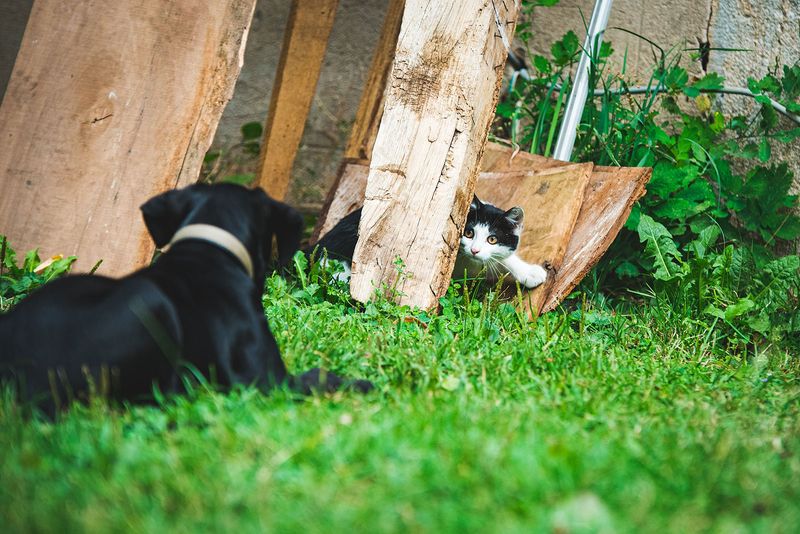
The introduction of a new pet can be a daunting experience for your feline friend. Cats may hide to avoid confrontations with other animals in the household.
This behavior is temporary, often resolving as they become accustomed to their new companions. Encouraging gradual, positive interactions can foster harmony and build confidence over time.
Pregnancy

Expectant cats instinctively seek out quiet, secluded areas to prepare for the arrival of their kittens.
This nesting behavior is a natural maternal instinct to ensure a safe environment for birth. If your female cat suddenly starts hiding more frequently, it may be worth checking for signs of pregnancy. Providing a comfortable, private space can ease her stress during this period.
Injury
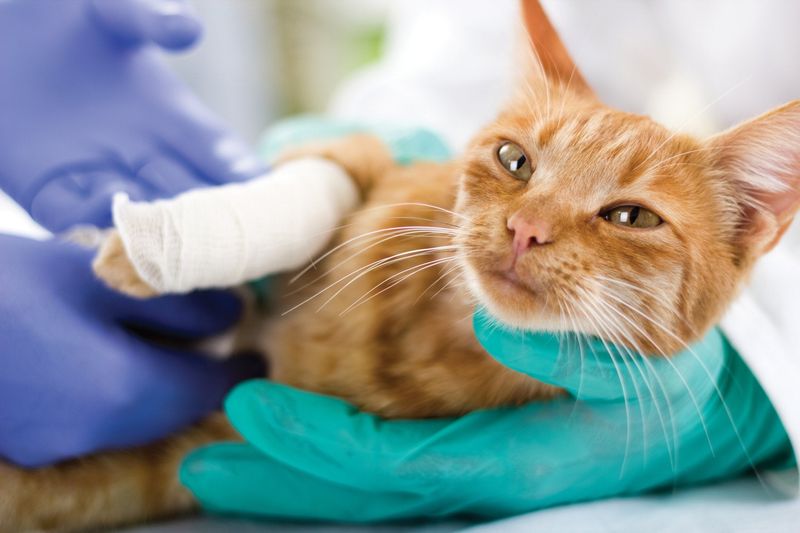
Cats will often hide when injured, as their instincts drive them to protect themselves from potential threats.
This behavior can make it challenging to detect the extent of their injuries. It’s vital to carefully monitor your pet and look for signs of discomfort or changes in their usual activities. Prompt attention and care can make a significant difference in recovery.
Old Age
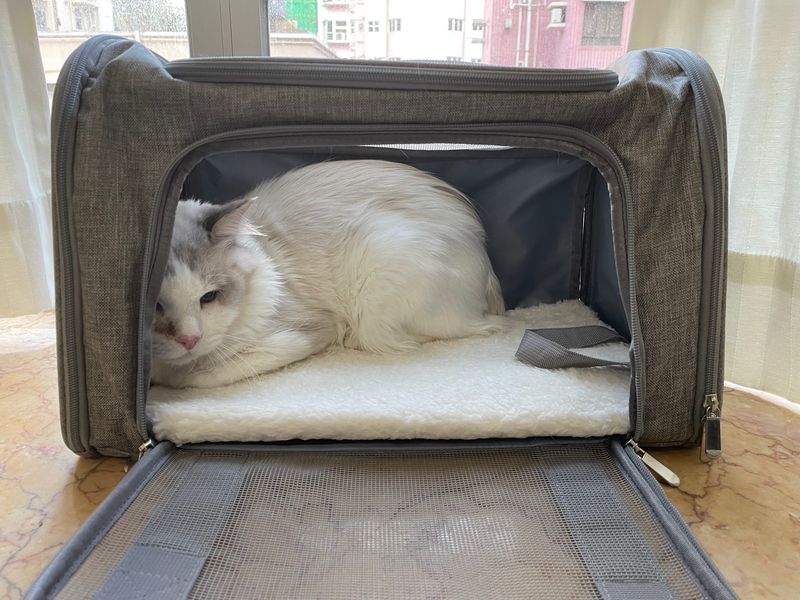
As cats age, they may prefer more solitude, seeking peaceful spots to rest away from household hustle and bustle.
This behavior reflects a natural transition, where they conserve energy and enjoy the tranquility of their golden years. Offering them soft bedding and easy access to food and water ensures comfort and well-being.
Natural Instincts
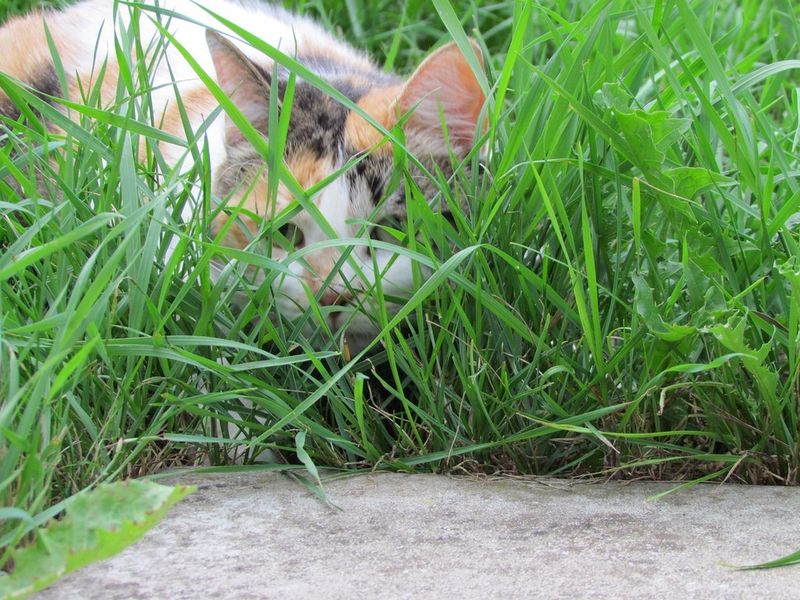
Cats are natural hunters, and sometimes their hiding behavior is simply a manifestation of their innate instincts.
By crouching in hidden spots, they practice the art of stealth, even within the safety of home. This behavior is not necessarily cause for concern, as it reflects their playful and adventurous spirit.
Weather Changes
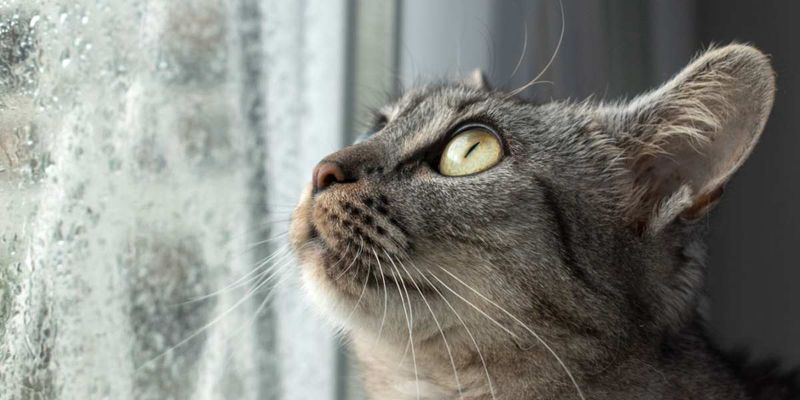
Weather changes, like thunderstorms, can startle even the bravest of cats.
Hiding during such events is a common response, as they seek shelter from the noise and possible atmospheric pressure changes. Creating a comforting environment with familiar scents can help them feel more secure until the storm passes.
Boredom
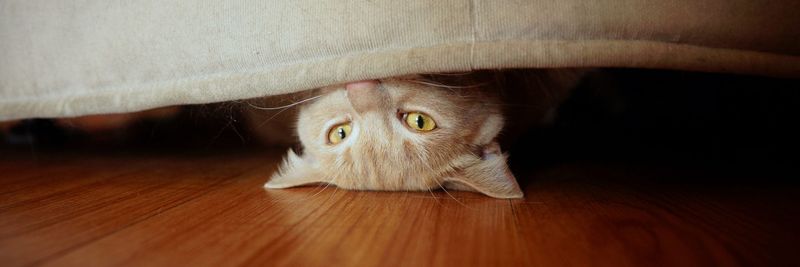
Even cats can get bored, and sometimes hiding is a way for them to break the monotony.
By finding new places to explore and hide, they engage their senses and satisfy their curiosity. Offering interactive toys and engaging play can reduce this behavior by keeping their minds active and entertained.
Territorial Disputes
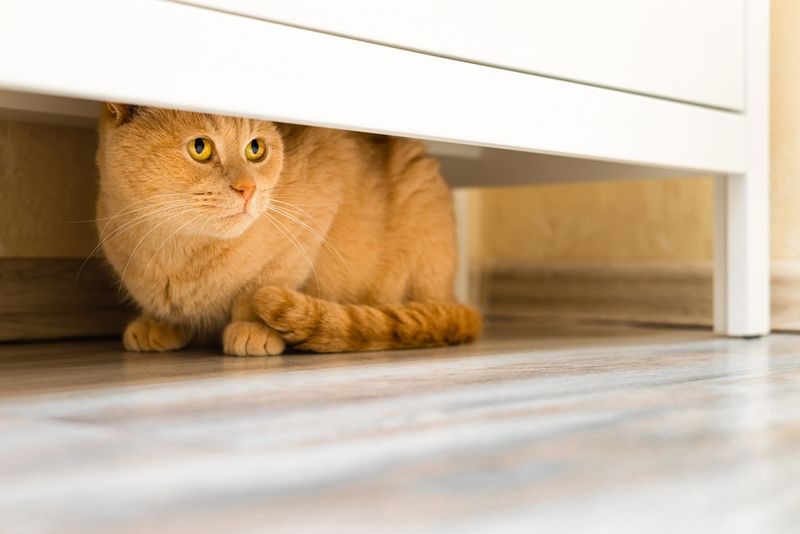
Cats are territorial creatures, and disputes over space can lead to one hiding to avoid conflict.
Understanding their need for personal space and providing multiple resources can ease tension. Encouraging peaceful coexistence through positive reinforcement and creating separate zones can resolve these issues.
Past Trauma
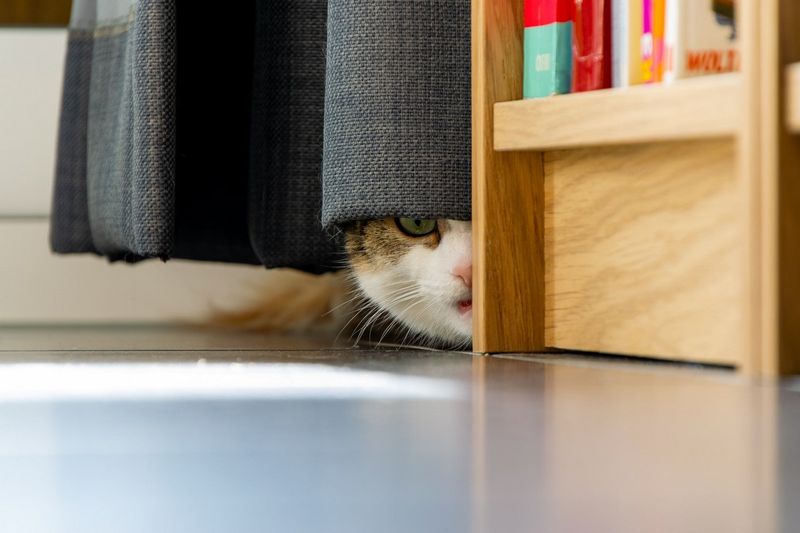
Past traumas or negative experiences can lead to hiding as a coping mechanism.
It’s important to approach a traumatized cat with kindness and patience, providing them with a safe and loving environment to rebuild trust. Over time, they may start to feel secure and emerge from their hiding spots.
Attention-Seeking
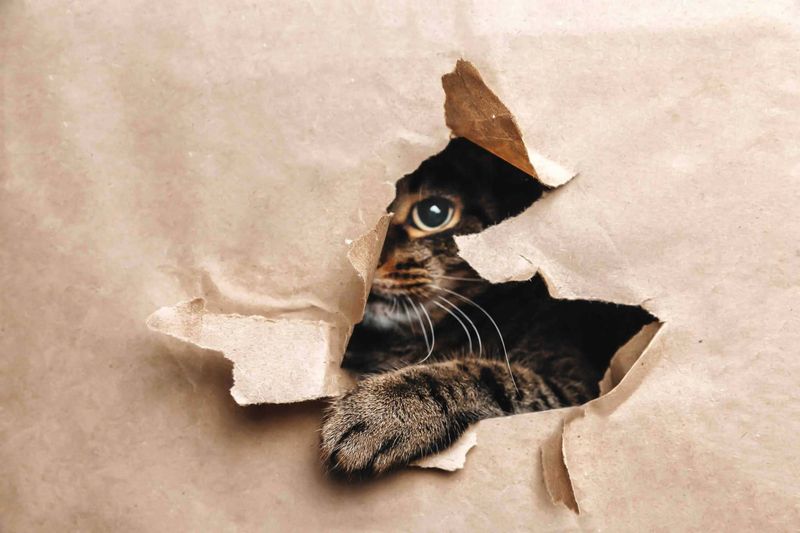
Sometimes, cats hide to grab their owners’ attention, engaging them in a game of hide and seek.
This playful behavior is a testament to their unique personalities and desire for interaction. Recognizing this as an invitation can strengthen your bond, offering an opportunity for shared joy and play.

